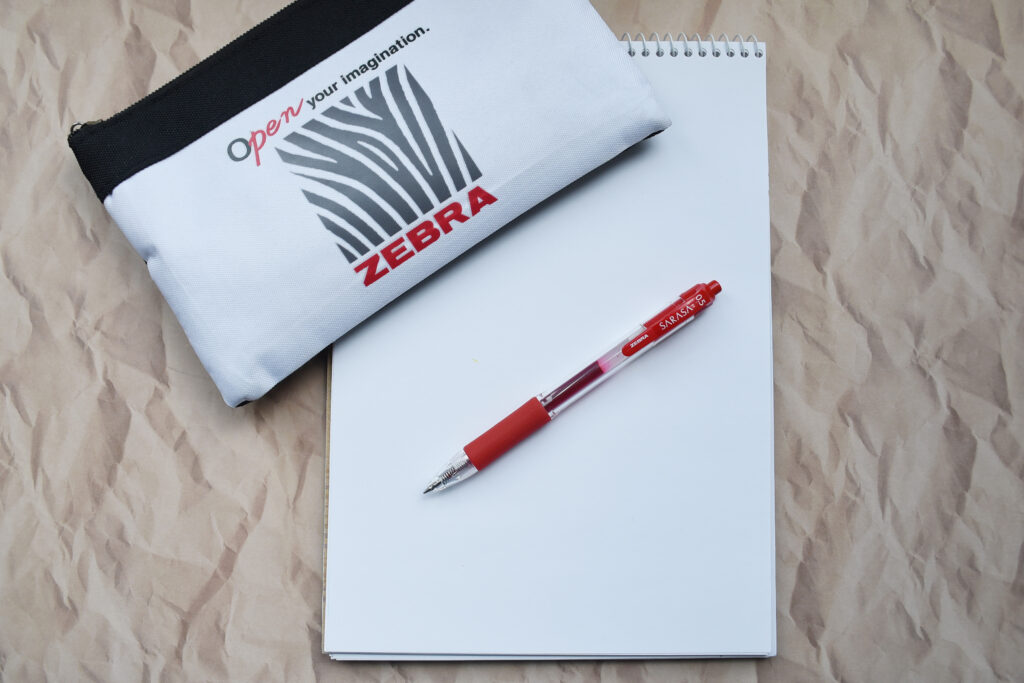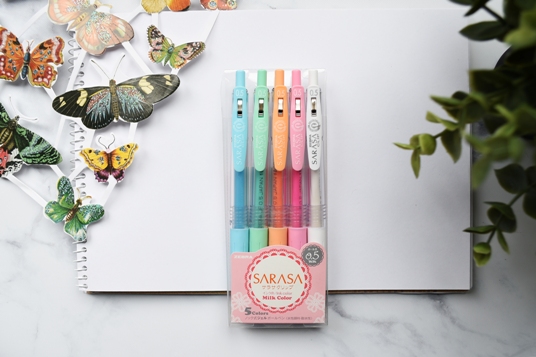Understanding Kids’ Needs

Understanding the needs of children is crucial as it varies widely depending on their age, learning stages, and personal preferences. For younger kids, analog stationery with larger grips can facilitate easier handling, aiding in the development of fine motor skills and hand-eye coordination. As children grow and their educational requirements become more complex, they may need specialized items like compasses and protractors for geometry lessons.
It’s also important to recognize the individual preferences of each child. While some may favor pencils for their erasability, others might prefer pens for a smoother writing experience. Similarly, the choice between lined and plain paper can significantly affect a child’s comfort and performance in writing and note-taking. Catering to these preferences not only supports their learning process but also encourages their interest and engagement in educational activities.
Moreover, incorporating fun and colorful items like colored pens and markers can make learning more engaging and organized. Such tools can help in color-coding notes, which in turn, can enhance information retention. Beyond schoolwork, stationery isn’t just about functionality; it’s also a conduit for creativity. Colored pencils, markers, and sketch pads offer children an outlet for artistic expression, further nurturing their creativity.
For the youngest learners, engaging with these tools is more than just preparation for school; it’s a foundational step in developing critical skills. Learning to grip a pencil correctly or to control the pressure and movement needed for writing are essential milestones in a child’s educational journey. By understanding and meeting the diverse stationery needs of children, parents can significantly contribute to their developmental success and joy in learning.

Quality over Quantity
When selecting tools for children, it’s vital to prioritize quality over quantity. High-quality stationery enhances the learning experience significantly. For example, premium pens ensure smoother writing, making the task more enjoyable and less frustrating for the child. Similarly, durable paper can withstand daily academic demands, from note-taking to turning in assignments, without tearing or bleeding ink.
Moreover, the design of quality tools often focuses on user comfort and ergonomic needs. Ergonomically designed pens with comfortable grips can minimize hand fatigue, a common complaint among students who write for extended periods. This attention to ergonomic design is crucial for encouraging proper writing habits and preventing discomfort and strain over time.
The choice of materials is also a key factor, impacting not just the product’s longevity but its safety and environmental footprint as well. Brands that have built a reputation for quality typically have done so through consistent performance, customer satisfaction, and a commitment to safety standards. By choosing high-quality tools, parents not only equip their children with superior tools for education but also impart lessons on sustainability and the importance of investing in well-made products.
Safety First
The safety of stationery products is important, especially for younger children who may have a tendency to put objects in their mouths. Non-toxic items are essential to ensure that children are not exposed to harmful chemicals that could lead to health issues. Choosing products that are explicitly labeled as non-toxic guarantees that they are free from materials harmful if ingested or in contact with skin.
This vigilance in selecting safe tools provides peace of mind for parents, reducing the need for constant supervision during their use. In Europe, for instance, the CE mark on stationery products serves as a reassurance that they meet high standards for safety, health, and environmental protection, guiding parents towards making informed choices that prioritize their child’s well-being.
How to Choose?
Choosing the right stationery for your child involves a careful consideration of their individual needs, the quality of the products, and, importantly, the safety of the materials used. By focusing on tools that support their educational journey, cater to their preferences, and ensure their safety, parents can contribute significantly to their child’s learning experience and creative expression. Often teachers give out a list at the beginning of the school year listing all the items needed for each class that parents need to keep in mind before going on a shopping spree. Whether it’s through ergonomically designed pens for comfortable writing, vibrant markers for artistic projects, or non-toxic materials for peace of mind, the right tools can make all the difference in a child’s educational and developmental journey.
Choosing ZEBRA stationery, known for its ergonomic design, quality materials, and wide range of products catering to every child’s needs, parents can ensure their kids have the best tools for their educational and creative endeavors.




